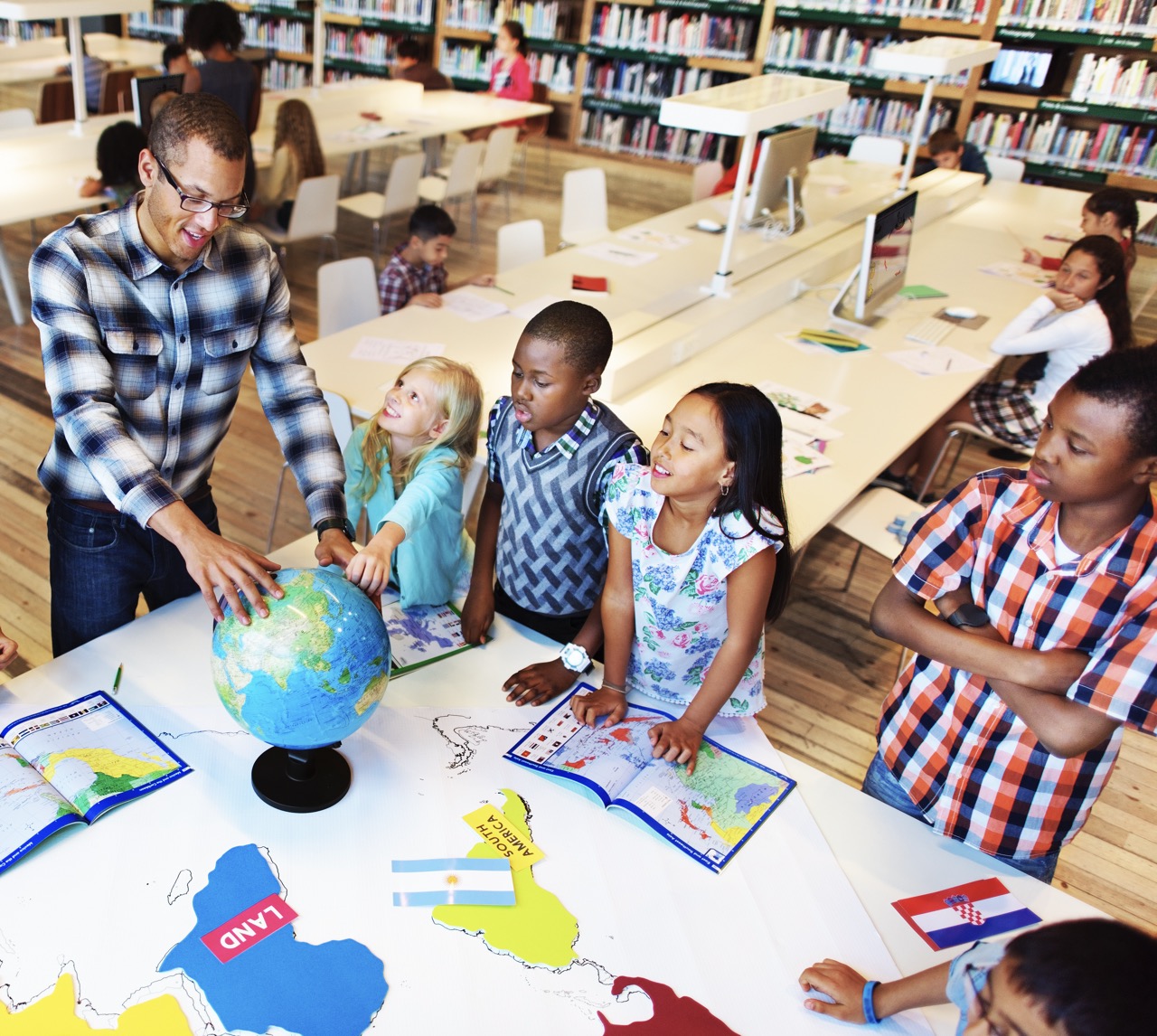In the formative years of a child’s life, the activities they engage in can significantly shape their cognitive development. One of the most impactful of these activities is reading. Research shows that reading not only enhances a child’s language skills but also fosters critical thinking, creativity, and problem-solving abilities. By immersing children in books, parents and educators can lay a strong foundation for lifelong learning. This article delves into the various ways that reading nurtures cognitive skills in early childhood.
The Importance of Early Reading in Cognitive Development
Early exposure to reading is crucial for cognitive development in children. Studies consistently show that children who engage with books at an early age develop better analytical and comprehension skills as they grow. Reading introduces children to new concepts, ideas, and perspectives that challenge their thinking and stimulate curiosity. As they navigate through narratives, they learn to make connections, enhancing their cognitive flexibility.
Moreover, reading helps to build neural connections in the brain. When a child hears stories, they are not just passively absorbing information; they are actively engaging in the learning process. This active participation is vital for cognitive growth. The more exposure a child has to diverse themes and narratives, the broader their understanding of the world becomes, leading to improved problem-solving skills and cognitive abilities.
Additionally, early reading prepares children for academic success. Children who read regularly before starting school tend to perform better in literacy and numeracy. The foundation laid through reading creates a springboard for future learning. Thus, prioritizing reading in early childhood can set the stage for enhanced academic performance and cognitive proficiency throughout a child’s educational journey.
How Books Foster Imagination and Creative Thinking
Books are gateways to new worlds, allowing children to explore their imaginations. When children read stories, they engage in a mental exercise that requires them to visualize characters, settings, and events. This imaginative play is critical for cognitive development, as it encourages creative thinking and helps develop the brain’s capacity for abstract thought.
Furthermore, literature exposes children to different cultures and experiences, expanding their worldview. When children encounter characters from diverse backgrounds, they learn to empathize and understand perspectives that differ from their own. This understanding not only enhances creativity but also fosters social awareness, making them more adaptable thinkers who can approach problems from various angles.
Reading also encourages children to construct their narratives and ideate beyond the text. Whether it’s imagining alternative endings to a story or creating their characters, these exercises strengthen their creative muscles. The ability to think outside the box is increasingly important in today’s world, where innovation is key. Engaging with books instills a sense of wonder and curiosity that fuels lifelong creativity.
Enhancing Vocabulary: A Key to Cognitive Growth
A rich vocabulary is a cornerstone of effective communication, and reading plays an indispensable role in vocabulary development. Early exposure to books introduces children to a variety of words and phrases that they may not encounter in their everyday conversations. This linguistic exposure is invaluable, as it enables children to express their thoughts and ideas more clearly and confidently.
Moreover, a robust vocabulary enhances cognitive skills by improving comprehension and critical thinking. When children understand more words, they can grasp complex concepts and ideas, which encourages them to engage in higher-level thinking. This expansion of vocabulary is not just about knowing words; it translates to better reasoning skills and allows children to articulate their thoughts more powerfully.
Reading also creates opportunities for children to encounter contextually rich language. When children see how words function within a story, they grasp their meanings more effectively. This contextual learning is essential for developing cognitive skills, as it encourages children to make associations and build connections between new words and their existing knowledge. Ultimately, a strong vocabulary is a significant predictor of future academic success and cognitive development.
Reading Aloud: Strengthening Listening and Comprehension
Reading aloud is a powerful way to enhance a child’s listening skills and comprehension. When parents or educators read to children, they create an interactive experience that encourages kids to pay attention and engage with the narrative. This practice not only fosters a love for books but also trains children to follow along, anticipate outcomes, and understand the underlying themes of stories.
Listening to stories read aloud also helps children develop better comprehension skills. As they hear the intonation and emotional nuances in the reader’s voice, they learn to interpret emotions and intentions behind the words. This practice cultivates critical listening skills, which are essential for effective communication and understanding in various contexts, both in school and beyond.
Moreover, reading aloud provides a shared bonding experience between the reader and the child. This interaction encourages children to ask questions, express their thoughts, and make predictions, deepening their understanding of the text. The dialogue that emerges from reading together enhances cognitive engagement, as children learn to articulate their ideas and thoughts more clearly. In this way, reading aloud becomes a powerful tool for enhancing cognitive skills.
The Role of Storytelling in Critical Thinking Skills
Storytelling is an ancient art that has a profound impact on cognitive development. It encourages children to think critically about the narratives they encounter. As children listen to or read stories, they are often prompted to ask questions about characters’ motivations, plot developments, and moral lessons. This practice fosters analytical thinking, as children learn to evaluate situations and derive conclusions based on the information presented.
Furthermore, storytelling allows children to grasp the concept of cause and effect. By following a story’s progression, children learn to understand how actions lead to specific outcomes. This understanding is fundamental for developing critical thinking skills, as it encourages children to make inferences and predictions. Engaging with stories equips them with the tools to analyze real-life situations and navigate challenges more effectively.
Additionally, storytelling encourages children to engage in discussions about the themes and messages conveyed in the stories. These dialogues promote critical thinking, as children learn to defend their viewpoints and consider alternative perspectives. By encouraging thoughtful discussions around storytelling, caregivers can nurture a child’s ability to think independently and critically, which is crucial for success in today’s complex world.
Building Lifelong Learning Habits Through Early Reading
Establishing a reading routine in early childhood cultivates lifelong learning habits. When children engage with books regularly, they develop a natural curiosity and love for learning that extends beyond the pages of a book. This passion for discovery becomes a driving force in their educational journey, motivating them to seek knowledge in various forms throughout their lives.
Moreover, reading fosters discipline and focus, as it requires sustained attention and concentration. As children learn to immerse themselves in stories, they develop the ability to concentrate for longer periods, which translates to improved academic performance across subjects. This discipline is a quality that will serve them well in their future pursuits, whether in academic settings or in the professional realm.
Additionally, instilling a love for reading early on empowers children to become independent learners. As they grow, they will naturally gravitate towards books and other resources to explore new ideas and concepts. This self-directed learning is essential in our rapidly changing world, where adaptability is key. By prioritizing reading from a young age, caregivers can empower children to become lifelong learners who are confident in their ability to seek out knowledge and grow.
Reading is a multifaceted activity that plays an essential role in building cognitive skills during early childhood. From enhancing vocabulary and fostering creative thinking to developing critical reasoning and lifelong learning habits, the benefits of reading are far-reaching. By making reading a priority, parents and educators can empower children with the cognitive tools they need to navigate their educational journeys and beyond. Embracing the joys of reading is not just about storytelling; it is about creating a foundation for a lifetime of learning and exploration.










